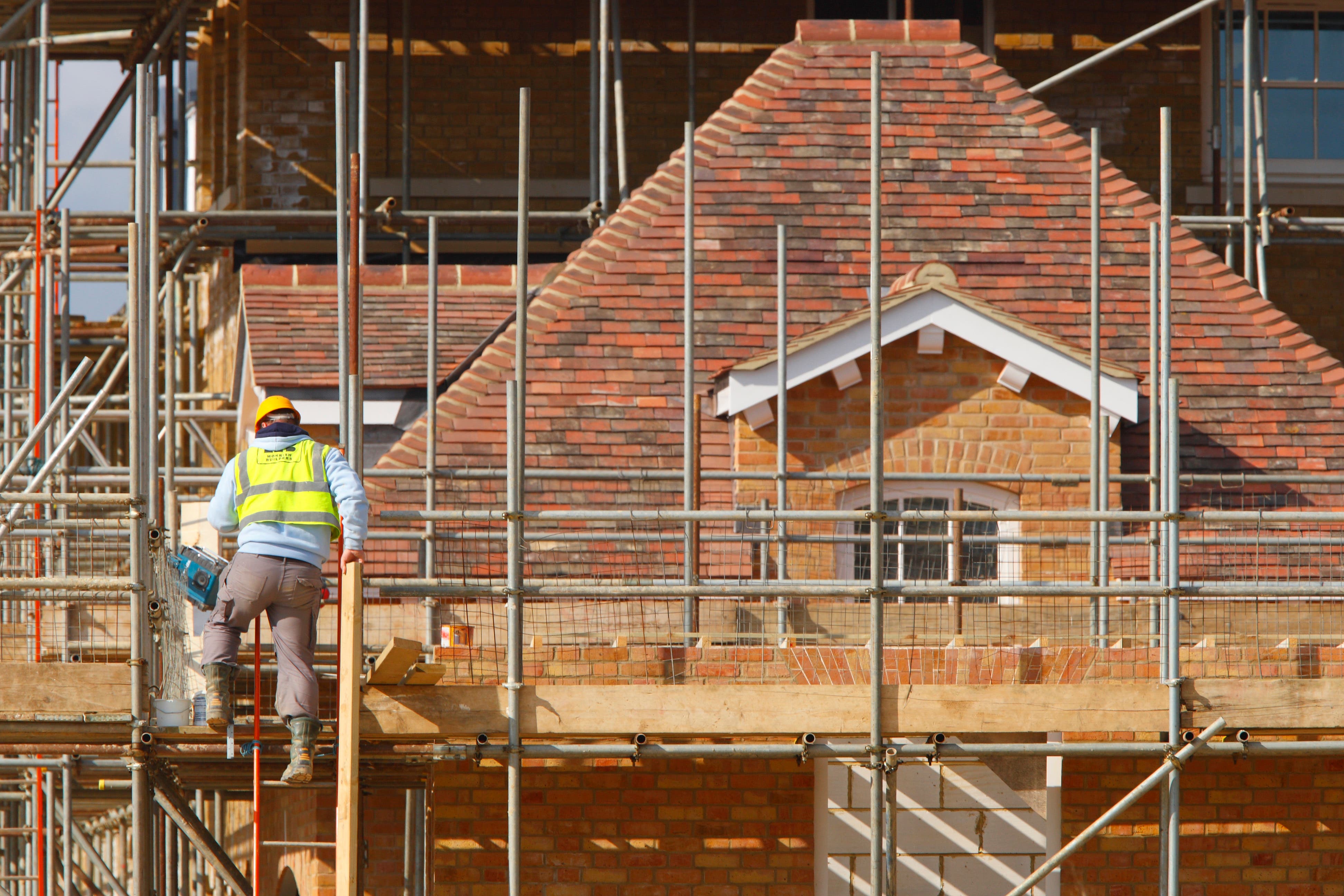Construction industry slows as costs rise and uncertainty grows, survey finds
The Rics Construction and Infrastructure Monitor for the last quarter pointed to a drop in the number of firms in Scotland reporting rising workloads.

Your support helps us to tell the story
From reproductive rights to climate change to Big Tech, The Independent is on the ground when the story is developing. Whether it's investigating the financials of Elon Musk's pro-Trump PAC or producing our latest documentary, 'The A Word', which shines a light on the American women fighting for reproductive rights, we know how important it is to parse out the facts from the messaging.
At such a critical moment in US history, we need reporters on the ground. Your donation allows us to keep sending journalists to speak to both sides of the story.
The Independent is trusted by Americans across the entire political spectrum. And unlike many other quality news outlets, we choose not to lock Americans out of our reporting and analysis with paywalls. We believe quality journalism should be available to everyone, paid for by those who can afford it.
Your support makes all the difference.Growth in Scotland’s building sector is the lowest since the beginning of last year, a survey has revealed, as construction firms battle with soaring costs.
The Royal Institution of Chartered Surveyors (Rics) Construction and Infrastructure Monitor for the third quarter pointed to a drop in the number of firms reporting growing workloads.
The survey also found that Scottish building firms’ expectations for the year ahead have fallen to their lowest level since the beginning of the pandemic, with companies reporting issues with costs, getting skilled workers, and accessing credit.
Ian Differ, of Cba Qs in Glasgow, said: “Material inflation, rising energy costs, and an increase on wage costs are all impacting on project viability.”
Steven Hyde, of Edinburgh’s D Blake & Co, said: “After a period of relative stability, we are now seeing another round of increases in the cost of materials.”
Last quarter, a net balance of 10% of Scottish respondents said workloads grew, according to the survey, compared to 19% in quarter two and 39% five quarters ago.
A positive net balance indicates more respondents are seeing increases than decreases. A negative figure suggests more respondents are seeing decreases than increases.
The deteriorating macro-environment is clearly taking a toll on the construction industry
The net balance of those expecting work to grow over the next year fell to -1%, the survey found, compared to 25% in quarter two and 46% at the end of 2021.
In quarter three, all sub-sectors other than private commercial reported growth, but that expansion was slower than it was.
Simon Rubinsohn, chief economist at Rics, said: “The deteriorating macro-environment is clearly taking a toll on the construction industry, with access to credit now being cited as a key challenge for businesses alongside the more familiar issues around building materials and labour.
“Indeed, the Rics metric capturing the extent of skill shortages in the sector has barely budged in recent quarters with quantity surveyors and a range of skilled trades in particular short supply.”
Some 60% of respondents said they had reported shortages of quantity surveyors, 62% reported shortages of other professionals, and 59% reported shortages of bricklayers.
With growing labour and material cost pressures, Rics said firms north of the border remain downbeat about the outlook for their profits.
The third quarter was the fifth in a row that there was a negative net balance about their year outlook for profitability, with most expecting profit margins to fall.
Mr Rubinsohn said residential and commercial sectors looked likely to flatline over the next year, but larger scale projects would continue to support activity in infrastructure building.